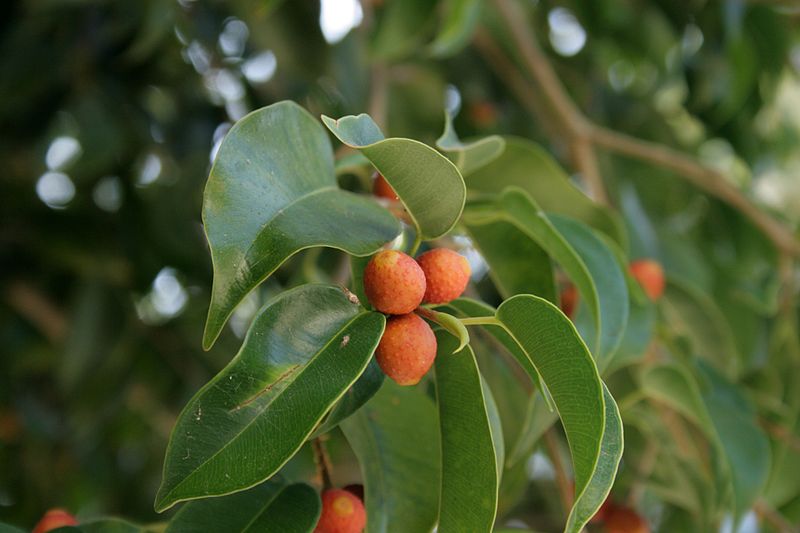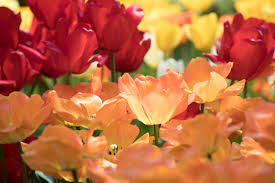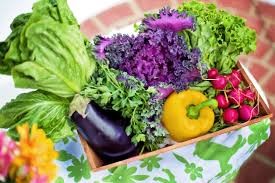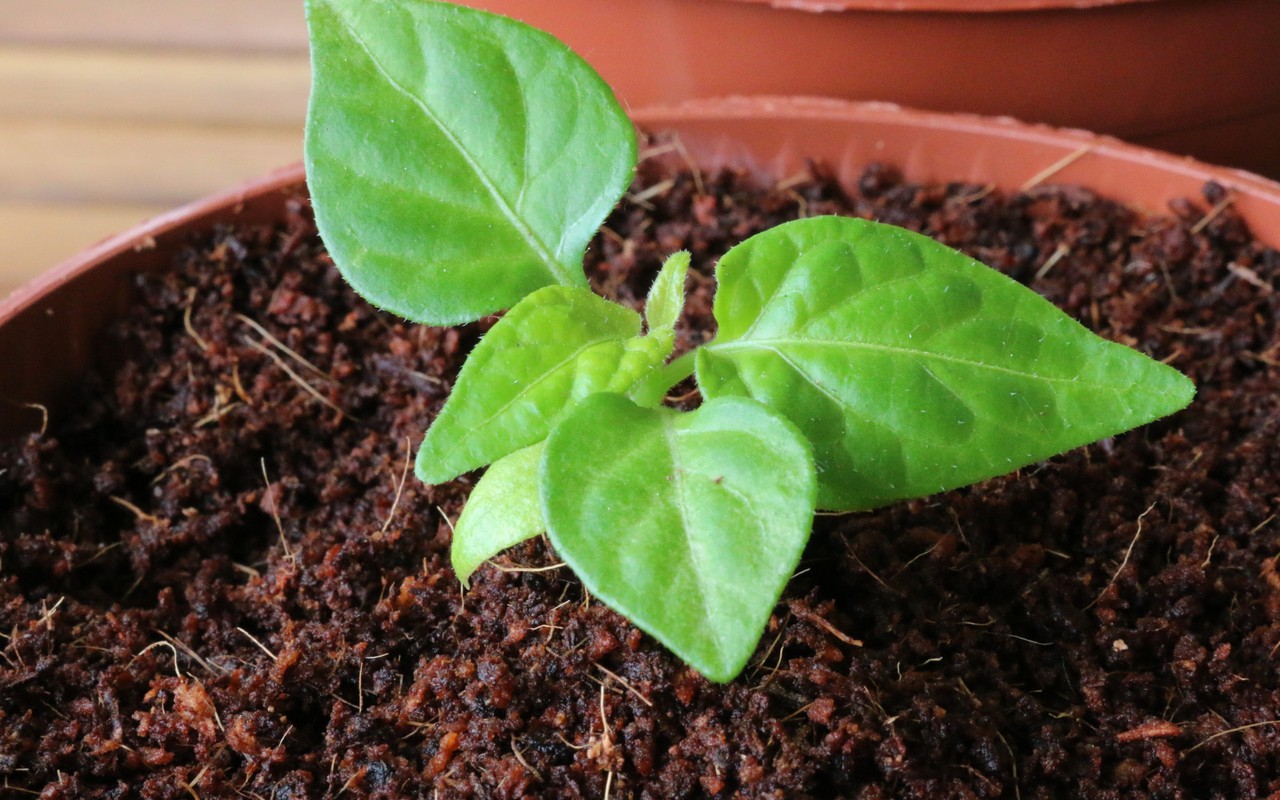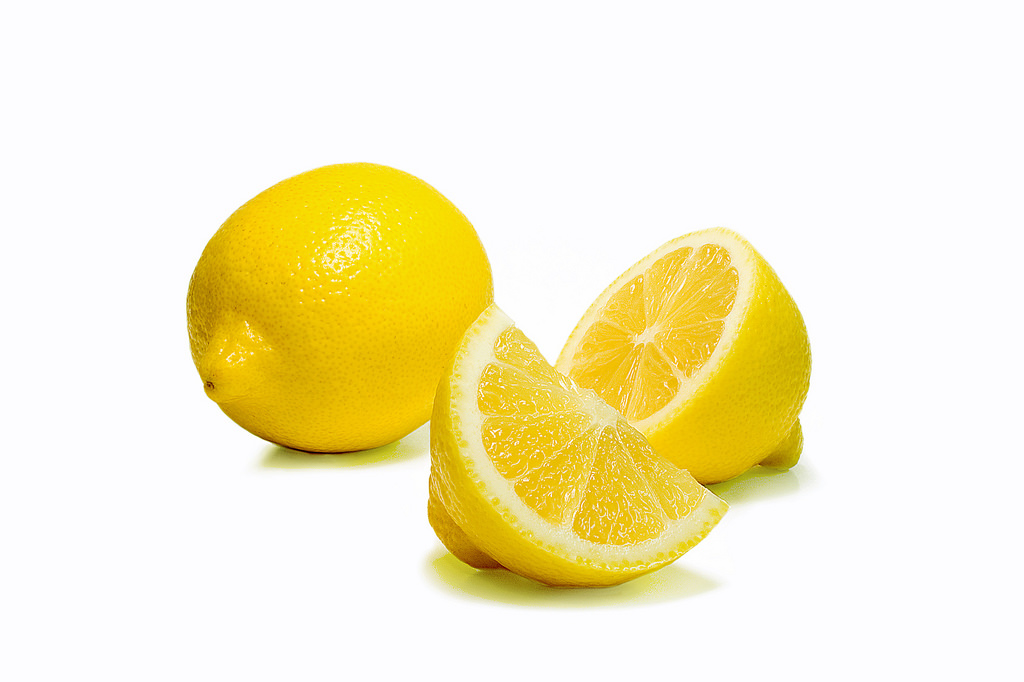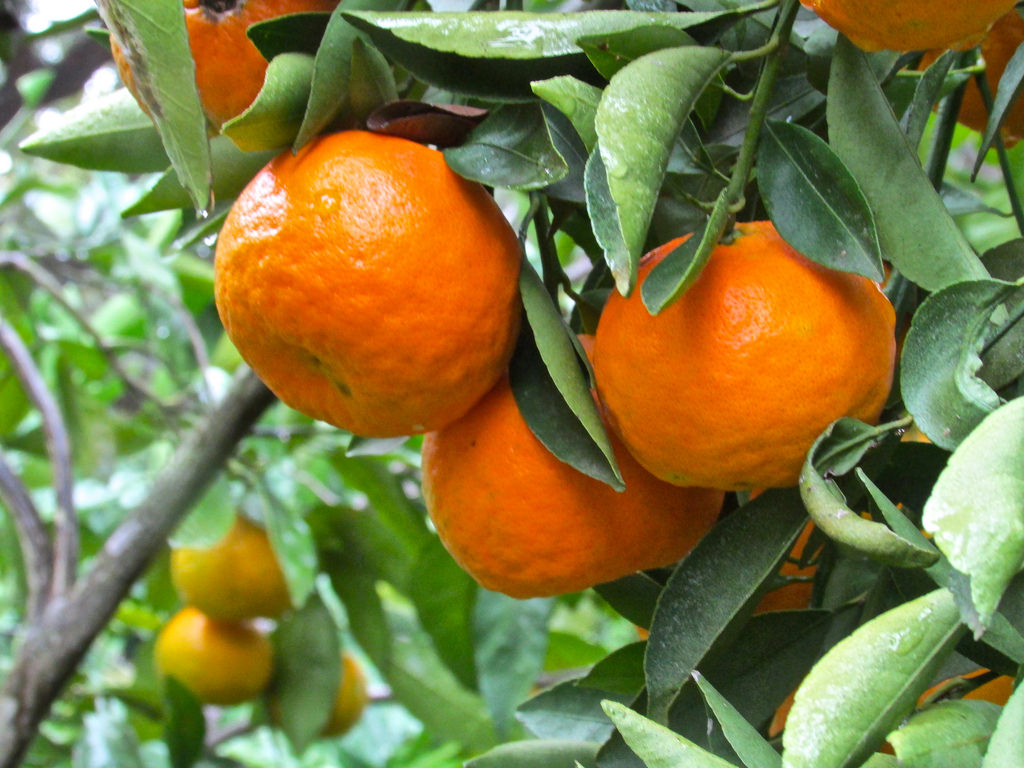ARTICLES
Ficus benjamina
The Ficus benjamina, otherwise known as “Weeping Fig” or “Ficus tree” is one of the most popular plants, so popular in fact that many who have never stepped foot in a garden have heard of the name. Whether one is a plant enthusiast or not, the Ficus seems to be well known for a few reasons. Aside from its aesthetics, it thrives both indoors and out, and does not require much special attention. One must still be careful not to put it in direct sunlight for too long, and watering should not occur until the soil has dried up from the previous watering session. Aside from the convenience of being able to take it inside or out, it is also effective at cleaning out air pollutants.
Though beautiful, the Ficus has been known to lose leaves quite frequently. This is nothing to be alarmed about. Common problems could be related to under/over watering, changes in temperature, too little light, or pests. Although the plant requires low maintenance, one should still be wary of those common problems. It does grow best in higher temperatures, and it would be best to not be constantly moving it from indoors to outdoors.
The Ficus benjamina would be a great addition to any garden/home, and also a great plant to start off with for those who are just starting to take their first few steps into the gardening world.
Water Your Soul
Many people take great joy in gardening. Whether it be for the aesthetic, the opportunity to bond with a friend, or to get outside and soak up the sun, different people find different reasons to grow plants and flowers at their homes. But could there be other possible benefits to gardening? Surveys have shown that those who participate in gardening feel like what they are doing has purpose and tangible benefits (Kaplan, 1973). These surveys demonstrated how people of all ages, from all backgrounds find some sort of happiness through a form of gardening, most of which included vegetable and flower gardening. Gardeners take great pride in their work and a well-kept backyard is very rewarding to them. Growing fresh vegetables is not just healthy, but relaxing and fulfilling.
It was shown that those who have an appreciation for nature are more likely to enjoy gardening and vice versa. In turn, having a positive regard for nature results in a more positive outlook on life and general happiness. It is thought that human beings have always had a will to be connected to nature. Even in the midst of urbanization, the attraction to nature can be seen through the efforts of many to maintain gardens or even patio and house plants (Kellert & Wilson, 1993). Channeling this innate desire to be in touch with nature through gardening has also shown to improve self-esteem, immune function, and hand coordination, while decreasing the risk for Alzheimer’s, heart disease, and depression (according to eartheasy.com). If all this is true, it is a wonder why more people aren’t gardening. Perhaps we should all try to get a little more vitamin D.
Waliczek, T. M., Zajicek, J. M., & Lineberger, R. D. (2005). The influence of gardening activities on consumer perceptions of life satisfaction. HortScience, 40(5), 1360-1365.
Capaldi, C. A., Dopko, R. L., & Zelenski, J. M. (2014). The relationship between nature connectedness and happiness: a meta-analysis. Frontiers in psychology, 5, 976.
When Carbs are Good
Many of those who attempt to have a low carb diet will eat vegetables thinking they are avoiding those nasty carbs. And in a way, they are. But little do they know that the majority of all plants is carbohydrates. So why then are plants like spinach and kale so healthy for us if they are high in carbohydrates like French fries and cake? One major reason is insulin. Insulin is the hormone in the body that stores glucose in the blood as fat. Foods like French fries and cake spike blood glucose levels, which in turn spikes insulin levels resulting in higher storage of fat. Vegetables like broccoli and asparagus do not raise blood glucose levels as quickly as other carbohydrate-rich foods and thus less energy is stored as fat. This is not to say that you are safe with any vegetable. For example, potatoes (even when they are not in the form of French fries) cause a rapid spike in blood sugar due to their starch-iness. Therefore, it is important to choose the right vegetables, especially if you are planning on starting a garden. These include: salad greens, spinach, kale, broccoli, tomatoes, asparagus, bok choy, peppers, eggplant, celery, cucumbers, mushrooms, and cabbage. These vitamin rich vegetables are sure to keep you feeling good without worry of putting on weight.
Remember, whenever choosing your vegetables it is important to consider where they came from. The further they come from, the less fresh they will be. When they are not locally grown, they are more likely to have lots of pesticides that even rinsing will not get rid of. Always go with organic whenever possible and try considering growing your favorite vegetable yourself. This way, it is always fresh and much safer to eat.
Hyman, M. (2018). Food: What the heck should I eat? New York: Little, Brown and Company.
Five Common Soil Types
- Sandy
- to the touch the sandy soil type is very gritty
- Can’t hold water
- Plants cannot keep nutrition
- Light to work with and warms up quickly in spring
- Silty
- Silty soil is smooth to the touch
- Holds moisture
- Very good at holding nutrition
- Soil stays cold
- Drains poorly
- Clay
- Clay has small particles making it easy to store water
- Very smooth
- Harder to drain water making it easy to keep in plant nutrients
- Very heavy to work with
- Peaty
- Easily compressed
- High water content
- Summer time, soil can be dry and a fire hazard
- Holds water for a long time during summer months
- Loam
- Ideal soil type (perfect for gardens)
- Contains silt, sand and clay
- Higher calcium and pH content
- Holds water and plant food well
Now that you are aware of the most common soil types, which one is best for your garden? If you are planning on growing fruit trees, the best type of soil is a soil with loamy and sandy texture. Fruit trees need a soil that can drain well with a deep root system to structure the tree. These trees can either be planted in the ground or in a pot. If the trees are grown in a pot, the key thing is to make sure that the pot is big enough and has large holes for draining. There are many positives to growing fruit trees in your backyard. Not only do you not have to buy fruit from the store that could possibly go to waste, but it provides shade during the hot summer months!
Now say you plan on having a typical flower garden. Flowers do best in soil that is high in calcium and good in draining water. Making sure that the soil has a natural pH is critical for the root growth of the flowers. A mix of sandy and loam soil would be the perfect mix for any garden. The sandy soil helps for drainage where loam soil contains silt and can hold plant food. The two soils give the perfect balance to have a healthy flower garden.
Have you thought about starting a vegetable garden? How nice would it be to never have to buy carrots, tomatoes, or lettuce ever again! Having a garden with fruits and vegetables will save you hundreds of dollars a year at the grocery store. For an example, planting one single tomato can have the outcome of making 10 pounds of fruit for one season. That is enough to share with family and friends! Starting any garden begins with the soil, for this type of garden, the most fitting type of soil would be a rich organic soil that is moist but well drained. For vegetables, it is important that the soil temperature not too hot or two cold. A soil thermometer is a great tool to keep the vegetables alive!
Overall, gardens can be very successful with the proper effort and of course, soil. The appropriate soil will create a solid foundation for the best growth.
Happy gardening!
Lemons aren’t just for Lemonade
If life doesn’t give you lemons, Cameron Nursery has an array to choose from. Although the tangy flavor may be a bit overpowering to some people, there are many uses associated with lemons. Who’s to say a glass of water https://www.foodmatters.com/article/cheers-to-drinking-warm-lemon-water won’t drown out the sour taste anyways. These bitter fruits are not only used in drinks, but can they can complement a dish perfectly.
Lemon water has loads of nutrients and antioxidants, it’s the gateway to clear skin, and the secret to lowering health risks. A lemon wedge is never a bad addition to any drink. Besides the obvious glass of water or lemonade, tea is another common beverage that people will add a slice of lemon too. Lemons will help maintain your blood pressure and complexion!
There are many dishes that lemons would serve as a good complement to. A few recipes involving lemons are
- Lemon chicken
- Lemon bars
- Lemon meringue pie
- Lemon cake
One of my favorite recipes to make are lemon bars. It takes just under an hour to make and so it is not too time consuming. All it takes is butter, eggs, sugar, flour, and lemon juice. I normally make them in the afternoon so my family and I can have them for dessert, but there are only a few left by the time dinner even comes around.
Some of my favorite dinners, desserts, or drinks involving lemons came from the trees at Cameron Nursery. They are always a big hit at dinner parties or any event I go too involving me to bring plate of food. This just proves that Lemons are not just made for lemonade.
The Power of the Orange
Citrus fruits are known for being high in antioxidants. But what exactly are antioxidants and why are they good? Antioxidants are molecules that destroy free radicals in the body. Free radicals are other molecules in the body that are unstable due to having an unpaired electron. These could result in dangerous reactions or failure for the body to complete its normal reactions. This is because free radicals are looking for atoms to pair with and will often steal them from other molecules trying to perform their regular functions. So is it possible than an orange might counteract this; that oranges could decrease the chance of and even prevent cancer? Optimistically, yes. Vitamin C is one of the most popular antioxidants and is found in abundance in citrus fruits. This vitamin is responsible for playing roles in some of our bodily functions including iron absorption, skin healing, and protection against disease through the support of the immune system.
Vitamin E is another important antioxidant found in citrus fruits. This vitamin plays a role in membrane protection of the mitochondria; our energy generation organelles. Also found in citrus fruits is vitamin A, most commonly known for maintaining good eyesight. Essentially, this is all that antioxidants do; protect. They protect against harmful molecules, the deterioration of cell parts, and at a larger scale, they protect against poor aging. A large part of aging has to do with the cell’s ability to survive and undergo mitosis. Antioxidants help make cells healthier while also aiding cells while they undergo division.
But before you start having smoothies with every meal it is also important to note too much vitamin intake can have poor consequences. You may be asking, can too much of a good thing like vitamins really be a bad thing? The answer is a simple yes. For example, consuming vitamin A in excess can lead to yellowing of the skin, blurry vision, dizziness, and more. Most vitamin overdoses are due to supplementation or lack of variety in a diet so be sure to do a little research before committing to a new lifestyle change.
Overall, citrus fruits have great benefits. Antioxidants are necessary for our health and we ought to aim to eat more oranges, grapefruits, tangerines, and other tropical fruits. If eating these can lower the risk of cancer and dementia, maybe the saying ought to be changed to ‘an orange a day keeps the doctor away’.


